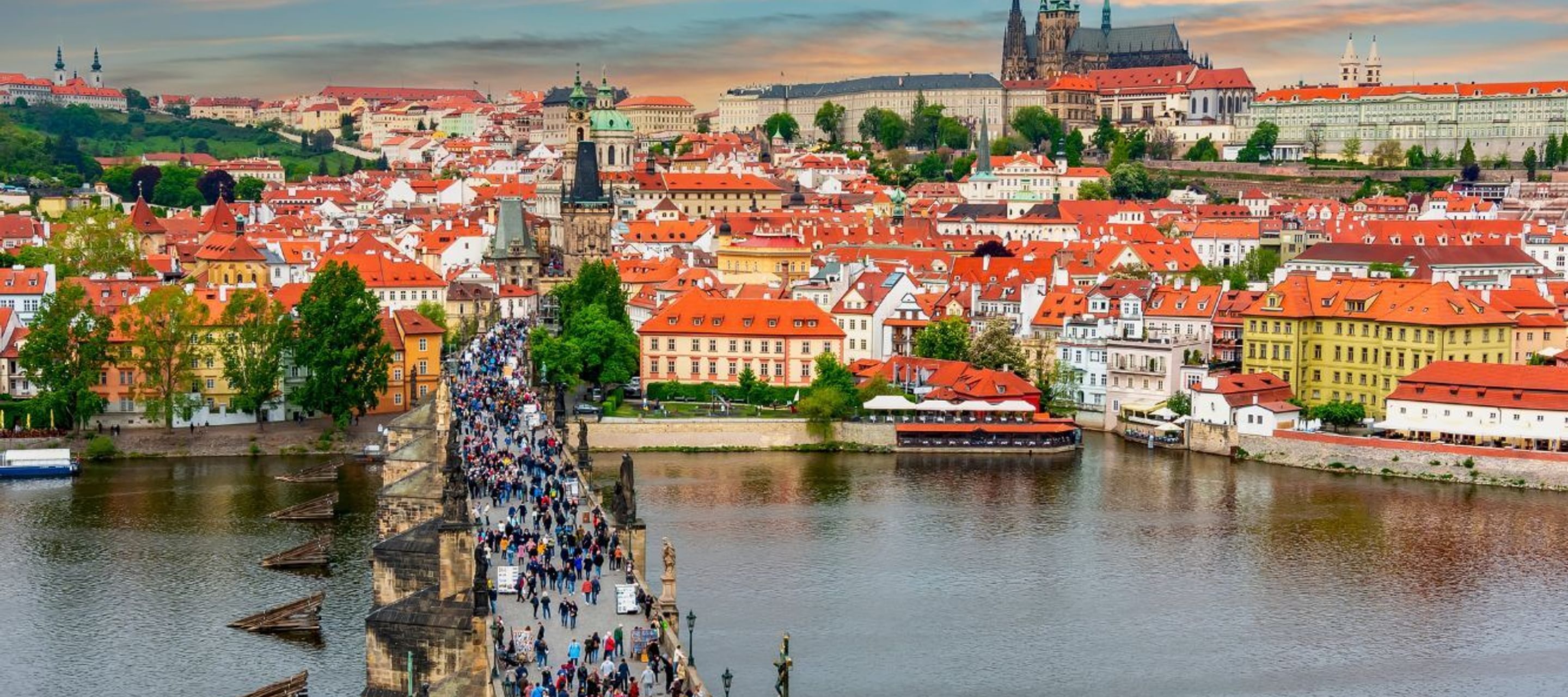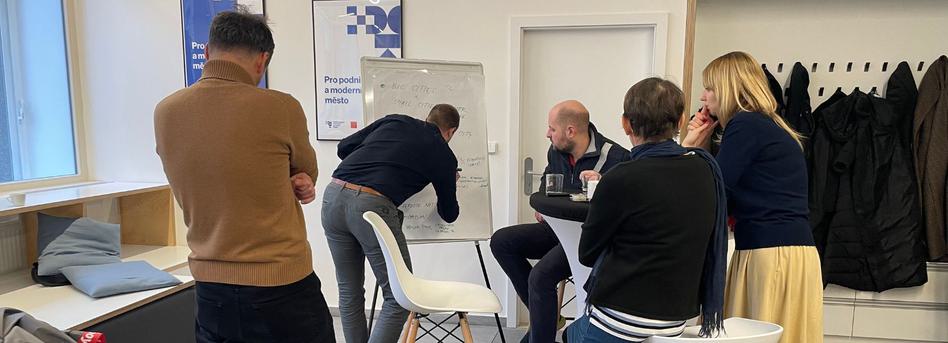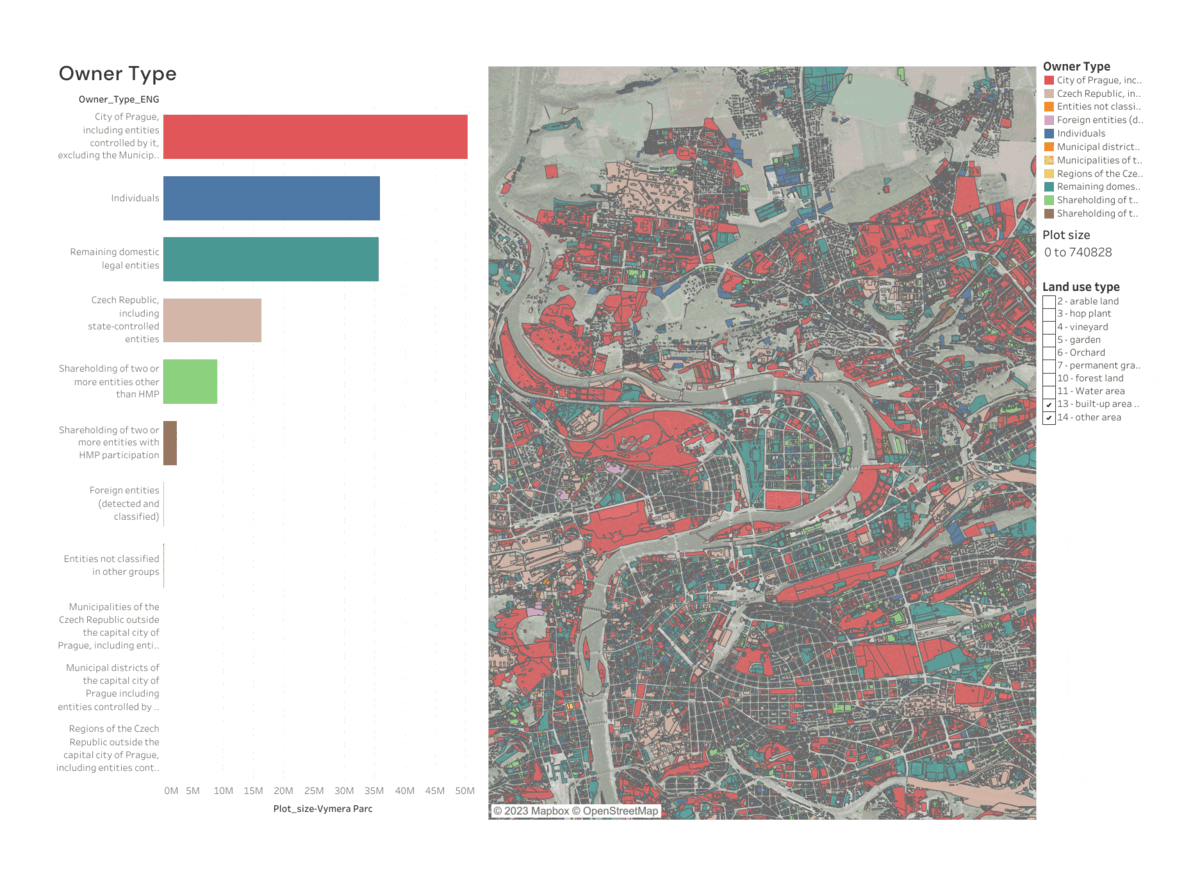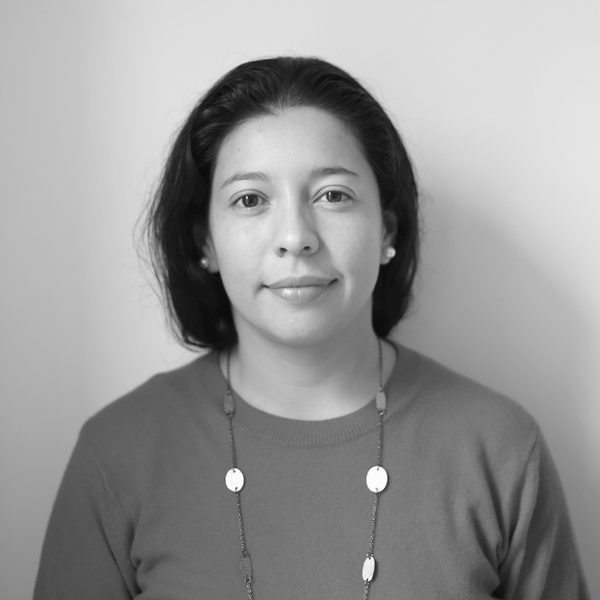Prague: a Call for Vision and Leadership
5 May 2023

Cities are often where people experience the impacts of climate change and of climate action, which can raise living costs and socio-economic inequalities.
In a series of local research cycles, IHRB is spotlighting eight cities, focusing on their built environment decarbonisation and resilience plans. This research series asks: how is each city minimising the negative social consequences of climate action, and maximising the positive impacts that built environment can have for inhabitants and the environment? And what are recommended actions from the government, investors, and the private sector?
Prague summary report
This research study interviewed 21 built environment stakeholders from various sectors (See Appendix for list of interviewees) to shed light on opportunities to strengthen the social dimension of built environment decarbonisation and resilience processes (BEDRPs) in Prague - embedding human rights in the process and outcomes. Several insights and recommendations emerged, including practical short-term actions such as establishing citywide information centres to facilitate residents’ access to housing retrofitting funds, to more long-term actions such as strengthening institutional and human resources at the national-level. The focus was social justice and inclusion, in particular in relation to housing and workers’ rights, and the role of governments, businesses and financiers in accomplishing these outcomes.
Findings revealed:
- Lack of climate leadership and vision, and of a national strategy with clearly defined milestones, hinders the scaling of the built environment decarbonisation and resilience processes (BEDRPs) by the Prague Climate Plan 2030.
- The risks and opportunities for construction workers and the right to housing are insufficiently addressed.
- Existing inequalities are deepening, especially housing and energy unaffordability.
- Policy-making in BEDRPs currently lacks transparency, inclusion and clear communication, which leads to residents’ distrust in institutions and fear of the green transformation.
- BEDRPs in new developments are mainly driven by marketing and economic incentives, while, in the existing built environment, the main drivers are the availability of EU funds and rising energy costs due to Russia’s war against Ukraine.
- Access to retrofitting and resilience funds is limited for low-income and disadvantaged residents. Human rights risks are also observable in the future/new built environment, including the continued exploitation of migrant construction workers particularly from Ukraine, Moldova and Bulgaria, and reduced housing affordability.
Visioning workshop
As part of the “Building for Today and the Future” project, on 19 January 2023 representatives of civil society, business and government gathered at the Prague Innovation Institute to envision pathways for a just transition in Prague’s built environment.

Land ownership mapping
To increase transparency and accountability in Prague's built environment, IHRB has collaborated with Dark Matter Labs to map the ten largest land-owners in the city.
- Find out more about why land ownership mapping is important who owns the most land in Prague.

Cities of the future
Visions for a just and climate-resilient built environment
We commissioned young artists in Prague, Melbourne, Lagos, Lisbon, Jakarta and Copenhagen to bring the visions of a fairer, greener future for each city to life through visual art pieces that can serve as a unifying vision for a locally-grounded, fairer transitions.

Terezie Unzeitigová, Prague, Czechia
The Building for Today and the Future project
These research summaries are part of The Building for Today and the Future project, which benefits from guidance and insights from its thematic partners including ICLEI - Local Governments for Sustainability, Building and Woodworkers International, and the International Union of Tenants.
The Building for Today and the Future project is made possible with support from Laudes Foundation and Ove Arup Foundation.
Report authors
The Prague Summary report was researched and written by Michaela Pixová, BOKU University of Life Sciences and Natural Resources, Institute of Development Research. Alejandra Rivera, Global Programme Manager, IHRB edited and supervised its production.





